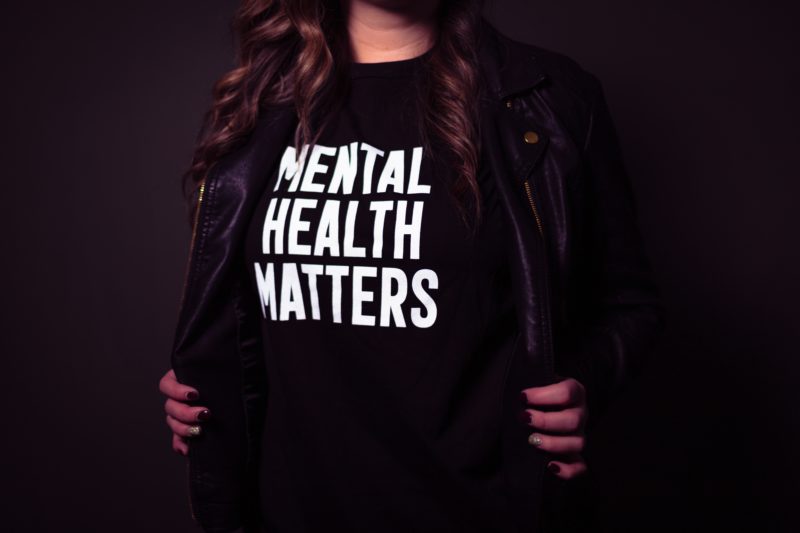
It’s hard to admit when you’re struggling. Life has its fair share of challenges, but when daily living itself becomes a challenge, it’s time to take stock of our mental health.
Have you been noticing any recurring thoughts, feelings, or behaviors that have been getting in the way of a happier life? For example, maybe you always get a little nervous before an important meeting or a big date. That’s a completely normal reaction, even for people who might consider themselves extroverted. But if you find that you’re getting nauseous before heading out to a social gathering or feel that your heart is pounding a mile a minute when you meet someone new, you should consider whether your reaction is a symptom of something bigger.
Why Taking Care of Mental Health Is So Important
Mental health is a vital part of your entire well-being regarding how you think, feel, behave, and react to situations and challenges. It’s fine if something out of the ordinary happens and throws you a bit off your game; after all, no one is perfect. But if you find that you’re having an unusual reaction to a certain situation or you’re having a rough time dealing with issues that weren’t such a big deal in the past, it’s time to explore those patterns.
According to The Mayo Clinic, when a person’s ability to function is affected or disrupted because of changes or patterns in feelings, behaviors, and thoughts, a mental disorder might be the cause.
It bears noting that values and etiquette do vary from culture to culture, making it hard to pinpoint what type of behavior is, indeed, “normal.” This makes it equally hard to say when that behavior becomes abnormal or irregular. Therefore, it is important for you to be self-aware when it comes to recognizing disturbing patterns in their behavior, as well as listen when someone you know and trust expresses concern about any changes in their mood, behavior, or general well-being.
An untreated mental health disorder can negatively impact various phases of your life. You might find it difficult to:
- Sustain relationships with family and friends
- Attend or participate in social gatherings
- Perform to the best of your ability at work or school
When to seek professional help
The proper diagnosis of a mental health condition should only be made by psychologist, psychiatrist, social worker, or other certified mental health professional. If you are experiencing any of the following symptoms, it’s time to seek the help of one of the aforementioned professionals:
- Distinct changes in personality or mood
- Disruption in eating or sleeping patterns
- Difficulties in completing daily activities or coping with everyday challenges
- No longer enjoying activities that you formerly enjoyed
- Disturbing patterns of thinking
- Intense anxiety, depression, sadness, or apathy
- Substance abuse
- Suicidal ideations or thoughts of harming others
- Intense negative reactions, such as anger, hostility, or violence
Do not attempt to diagnose your own symptoms, and do not let fear or shame prevent you from seeking the help you need. You can start with visiting your primary care specialist for a physical exam. Tell them what you have been experiencing; they will be able to eliminate any physical ailments that are causing the issue as well as offer you referrals to a suitable mental health professional.
You are not alone on your recovery journey. Find out how Beachside Rehab in West Palm Beach, Florida can offer the support you need to thrive. Call 866-349-1770 today to connect with a trained admissions counselor.
